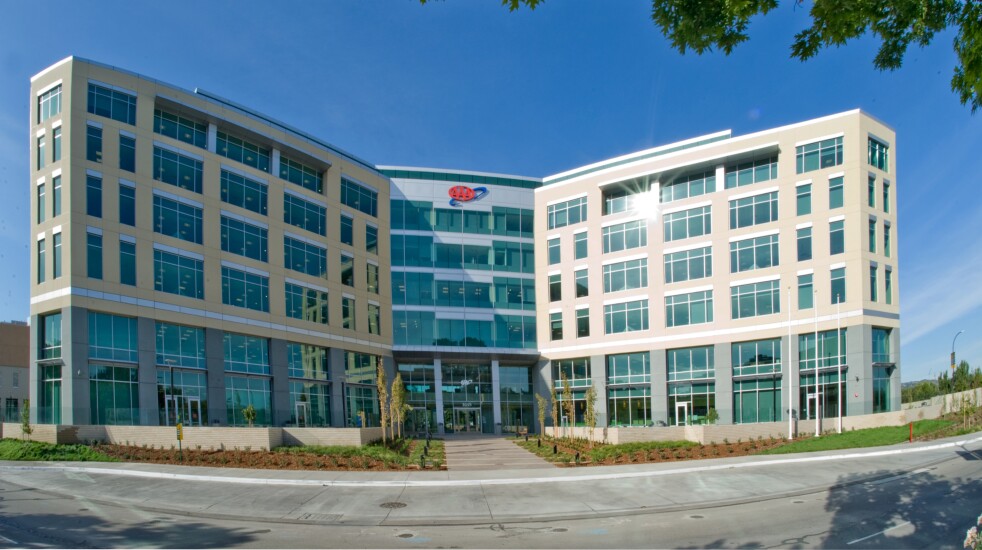Digital Insurance spoke with Tom Troy, CEO of CSAA, about how his role at the insurer has changed since he started at the company; how technology and insurtechs are impacting the industry; and the company's goal to be carbon neutral by 2025.
CSAA CEO Tom Troy talks tech, culture, DEI, ESG
October 27, 2022 6:29 AM

